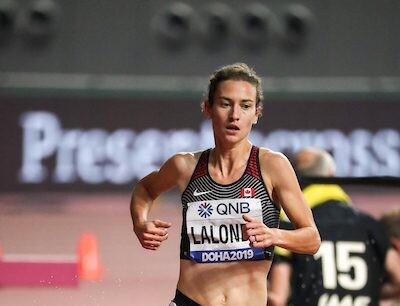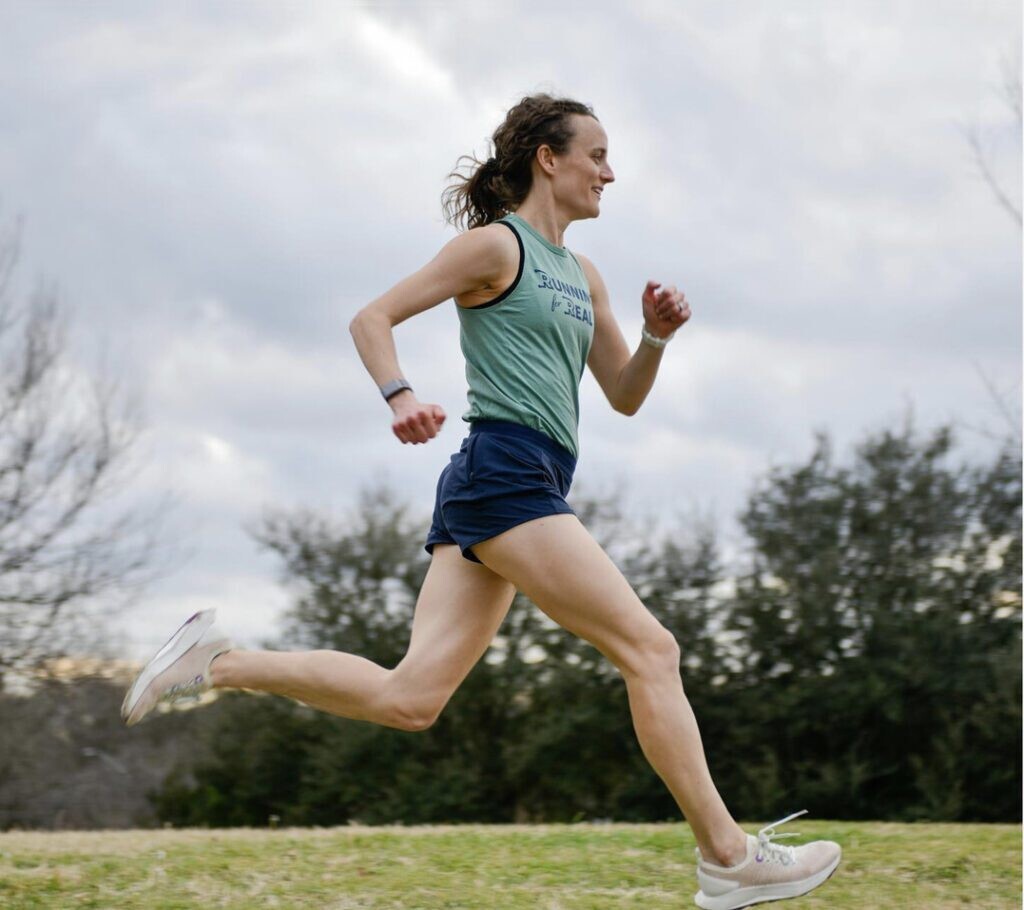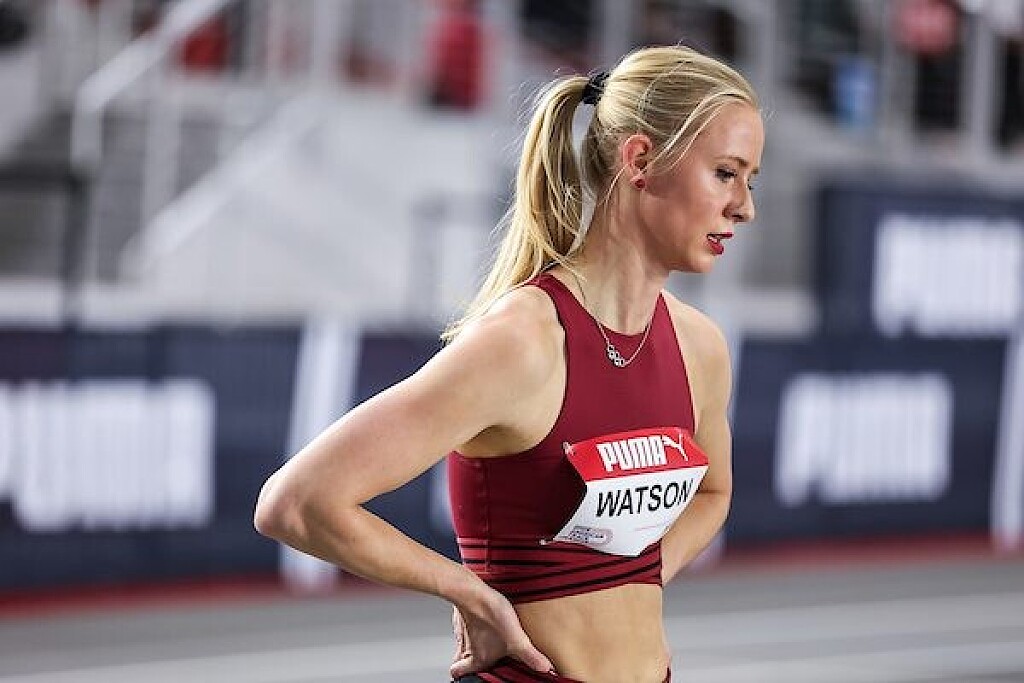Running News Daily
Running News Daily is edited by Bob Anderson. Send your news items to bob@mybestruns.com Advertising opportunities available. Train the Kenyan Way at KATA Kenya and Portugal owned and operated by Bob Anderson. Be sure to catch our movie A Long Run the movie KATA Running Camps and KATA Potato Farms - 31 now open in Kenya! https://kata.ke/
Index to Daily Posts · Sign Up For Updates · Run The World Feed
Elite runners are taking proactive breaks; should you?
Recently, some notable professional runners have made the choice to step back from competition temporarily, for a variety of reasons, most of them precautionary or preventative, including to prevent injury, to recover properly from training or to protect their mental health and overall well-being. Instead of pushing until or past injury to keep competing, athletes are prioritizing their health, and non-elite runners can learn from this and implement it in their own lives.
A Canadian favorite is notably missing from the World Athletics Championships this year: Sage Watson. In early June, the athlete from Medicine Hat, Alta., shared that she had decided to step back from racing “so that [she] can fully recover and give [her] body the break it needs and deserves.”

Watson said that she had been competing almost continuously since 2015, and had trained and raced through multiple injuries. After injuring her back, Watson struggled to perform at the Tokyo Olympics. “I went into this year like always, giving it my all, wanting to do better than I did last year, but my injury has seemed to still linger/come back,” said Watson.
In April, Canadian Olympian and women’s 3,000m steeple record holder Gen Lalonde of Moncton took to social media to share that she, too, was taking a break. Lalonde wrote that she’ll be missing the summer track season in order to “improve her mental well-being and physical health to be fully prepared for the 2024 Olympic Games in Paris.” Lalonde expressed similar sentiments to Watson, in that she had been training and competing almost continuously since a young age. “This has left only small, discrete windows of time for my mental and physical development or recovery,” Lalonde said. “I want to be the best version of myself, and to do so, I am stepping off the track for a few months.” Lalonde thanked Athletics Canada for supporting her in her choices, and mentioned that while she was taking time off from competition, she would still be running for the joy of it.

While fans are missing watching Watson and Lalonde race, most people can understand and even relate to a need to step back. Society is starting to recognize that burnout is a very real problem, and instead of judging those who retreat from sport, empathizing with them. Former elite marathoner for Great Britain, Tina Muir, has written and spoken often about the importance of taking breaks, for amateur runners as well as elites. Muir is now based in St. Louis, Mo. and hosts a podcast, and competes in ultras. As a professional athlete, she took a hiatus from competition due to ongoing amenorrhea (loss of her period), Muir realized she wanted to stop racing altogether. She became well known for speaking out about the health challenges athletes face.
Muir advocates for periods of absolutely no running within a training season, after races, and for longer periods if the desire to train isn’t there. She explains on her website, Running for Real: “it gives you that time to focus on other aspects of your life, to be reminded that running isn’t everything good in the world (nor should it be) and that your desire to run will come in ebbs and flows (even for elite runners), and there is nothing to be ashamed of in that.”
Muir gives suggestions for athletes considering how much time to take off and what to do during that time, adding that when the itch to train returns, you should consider ignoring it, in favour of a longer break. She advocates that it’s also OK to not miss running during a break, and to simply enjoy using free time in other ways. Muir emphasizes the benefits of a self-initiated break: deep rest, less chance of injury in the future, and time for the body to fully heal in order to train more efficiently in the next training cycle. She also touts the mental benefits of time off, and says that not only will seasons of training and racing have taken a physical toll on your body, but that “you will also be emotionally exhausted from the intensity and energy you used to focus on your goals.”
With professional athletes making the hard choice to put their competition on pause in order to take care of their mental and physical health, regular runners will see the benefits of being proactive and be inspired to follow suit. Regardless of whether you’ve been training hard since your youth, your running career–and your health in general–will be stronger and more balanced if you consider taking occasional periods of time off.
by Keeley Milne
Login to leave a comment




